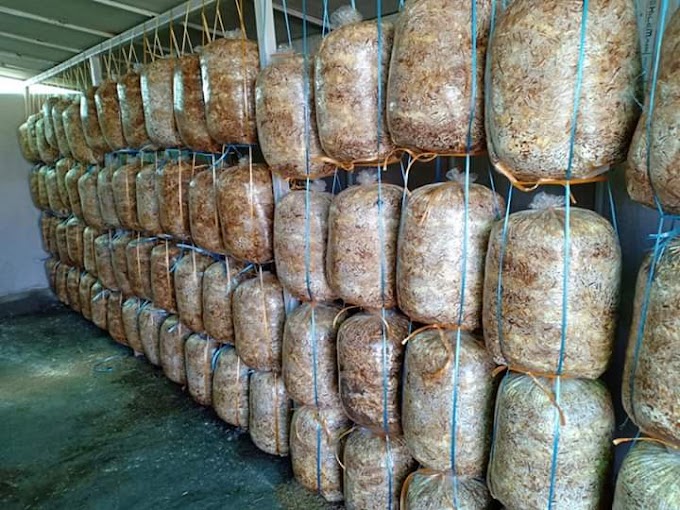Introduction to Ganoderma Lucidum
Ganoderma lucidum, commonly known as reishi mushroom or lingzhi, is a species of mushroom that has been revered for its medicinal properties in traditional Chinese medicine (TCM) for over 2,000 years. It is characterized by its shiny, reddish-brown cap and woody texture. Reishi mushrooms are typically found growing on decaying hardwood trees in temperate regions of Asia, although they are also cultivated commercially for medicinal and culinary purposes.
Reishi mushrooms contain a variety of bioactive compounds that contribute to their potential health benefits, including polysaccharides, triterpenes, sterols, and antioxidants. Some of the reported health benefits of Ganoderma lucidum include:
1. Immune Support: Reishi mushrooms are believed to enhance immune function by stimulating the activity of immune cells, such as macrophages, T cells, and natural killer (NK) cells. This may help the body defend against infections and diseases.
2. Anti-Inflammatory Properties: Compounds found in reishi mushrooms have been shown to possess anti-inflammatory effects, which may help reduce inflammation in the body and alleviate symptoms of inflammatory conditions.
3. Antioxidant Activity: Reishi mushrooms are rich in antioxidants, which help neutralize free radicals and reduce oxidative stress. Antioxidants play a crucial role in protecting cells from damage caused by oxidative stress and may help prevent chronic diseases.
4. Stress Reduction: Reishi mushrooms are classified as adaptogens, meaning they help the body adapt to stressors and maintain balance. Compounds found in reishi mushrooms may support the body's stress response system, reducing the negative effects of stress on overall health and well-being.
5. Liver Health: Reishi mushrooms have been traditionally used to support liver health and promote detoxification. Compounds found in reishi mushrooms may help protect the liver from damage caused by toxins and oxidative stress.
6. Cardiovascular Health: Some research suggests that reishi mushrooms may have beneficial effects on cardiovascular health, including lowering cholesterol levels, reducing blood pressure, and improving blood vessel function.
7. Anticancer Properties: Preliminary studies suggest that reishi mushrooms may have potential anticancer properties, including inhibiting tumor growth, inducing apoptosis (cell death) in cancer cells, and enhancing the body's immune response to cancer.
8. Anti-aging Effects: Reishi mushrooms may have anti-aging effects due to their antioxidant and anti-inflammatory properties. By protecting cells from oxidative damage and reducing inflammation, reishi mushrooms may help slow down the aging process and promote longevity.
While reishi mushrooms have been used for centuries in traditional medicine and show promising health benefits in research studies, more clinical trials are needed to fully understand their efficacy and safety. Additionally, reishi mushrooms may interact with certain medications or have adverse effects in some individuals, so it's essential to consult with a healthcare professional before incorporating them into your routine.





